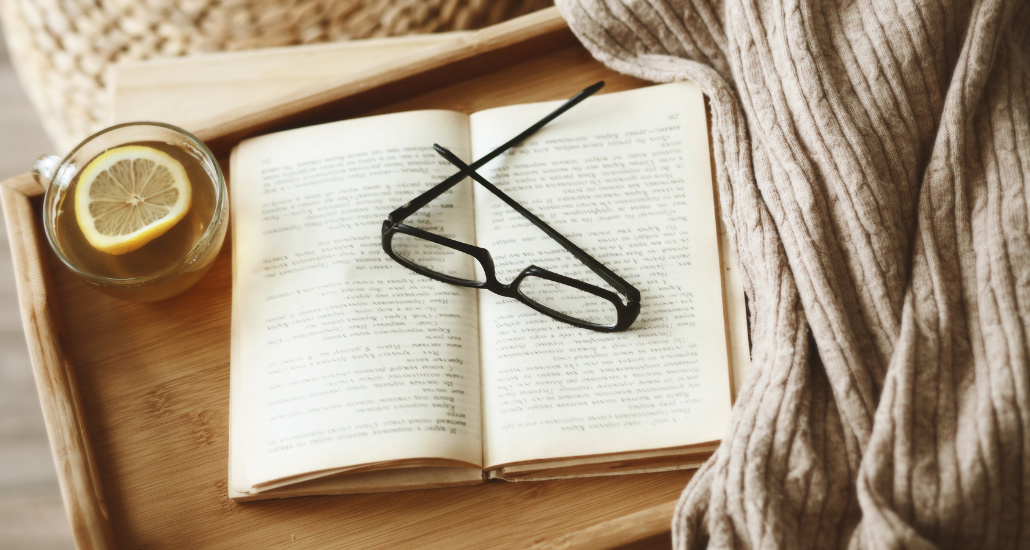I owe my mental health to thousands of different counselors, almost none of whom ever met me. What they did do was write books—books I read and reread until they became part of my psyche. Books that taught me how to be happy.
When I was young, my anxiety and depression made me somewhat unusual. These days, they’re par for the course. This is partly due to the Covid-19 pandemic. In 2019, ten percent of Americans reported symptoms of anxiety or depressive disorders. In 2020, that rose to over 40 percent. Other mental health issues—insomnia, alcoholism, drug addiction—also skyrocketed.
We all know why. Isolation, job loss, financial difficulties, and worrying about our own health, as well as loved ones, are easy to recognize as major psychological stressors. Covid brought all these factors and more into billions of lives, simultaneously.
What isn’t so obvious is that the pandemic struck when most people were already living isolating, financially perilous, emotionally stressful lives. So-called “modern” societies have been driving individuals away from the protective web of personal interdependence that characterized human life for millennia.
It wasn’t until the Industrial Revolution that large numbers of humans began leaving their homes to make a living in unpleasant, unfulfilling factory jobs. In doing so, they broke away from much of their social support and instead, relied solely on money rather than the hunting, gathering, or agriculture that humans had relied on for hundreds of thousands of years. When Thoreau wrote that “the majority of men lead lives of quiet desperation,” he was referring to the emotional effect of living and working in factory-based economies.
As this vast shift occurred, reading became an increasingly popular leisure-time activity. This was partly because books became cheaper to make and buy. But there may have been another reason, one that helped preserve mental health not only in the early industrial era, but also during the recent pandemic: Books connect human minds and hearts, even when we’re physically alone.
Reading and writing are two halves of a conversation that can keep us sane in the worst of circumstances. My favorite books—which I call my “paper family”—calmed me as reliably as ever when Covid struck. And writing my own books required accessing the most sane and balanced parts of myself, so I could genuinely support my future readers.
The word “future” in that last sentence isn’t quite accurate. Books collapse time. The writer and reader are brought together as if by the folds of the spacetime continuum. They connect as surely as a therapist and a patient sitting in the same room. As the Persian poet Hafiz wrote in the fourteenth century:
Troubled? Then stay with me, for I am not.
… Even from the distance of a millennium, I
can lean the flame in my heart into your life
and turn all that frightens you into holy
incense ash.
If there’s one thing we’ve learned, it’s that disaster can strike any time, pushing our mental health to the breaking point. The world isn’t finished with catastrophes. And that means it isn’t finished with books. From every time and place, they lean the light of wisdom and empathy into our lives, mending our troubled minds.
This article was first published in, The Year in Books by Penguin Randomhouse













1 comment
AT 10:12 PM